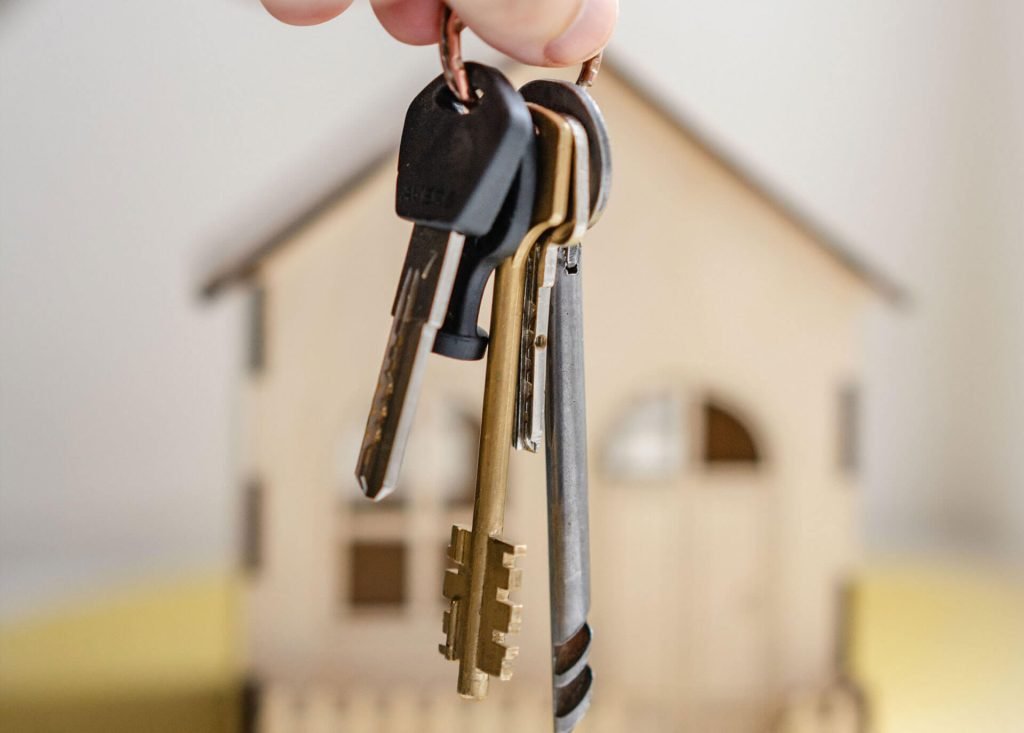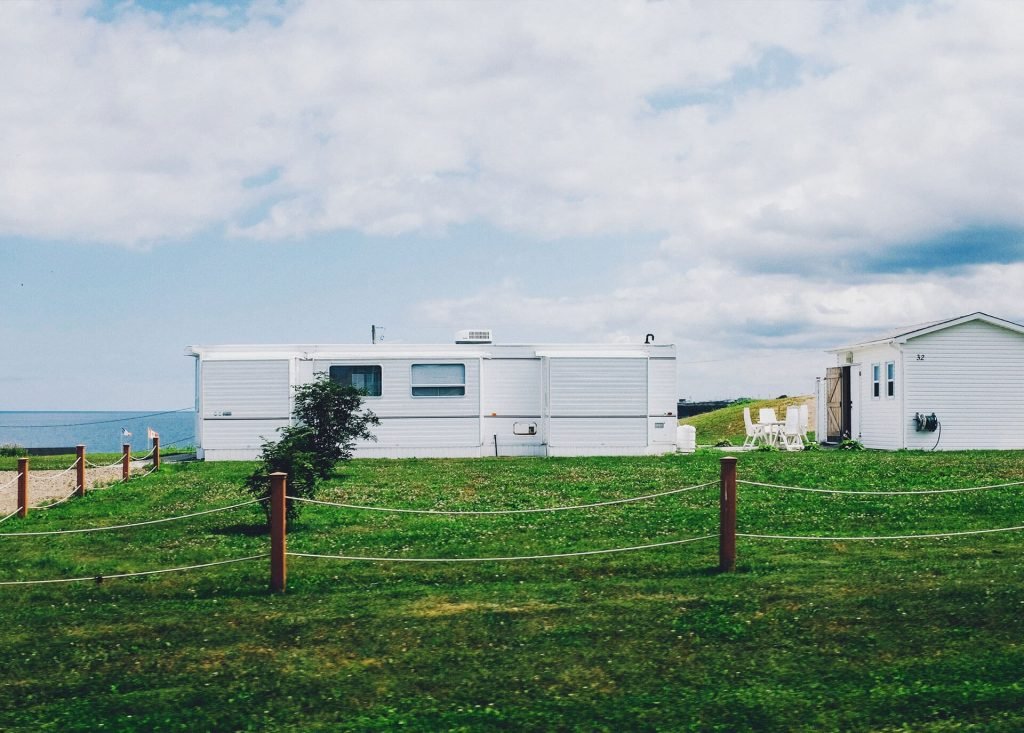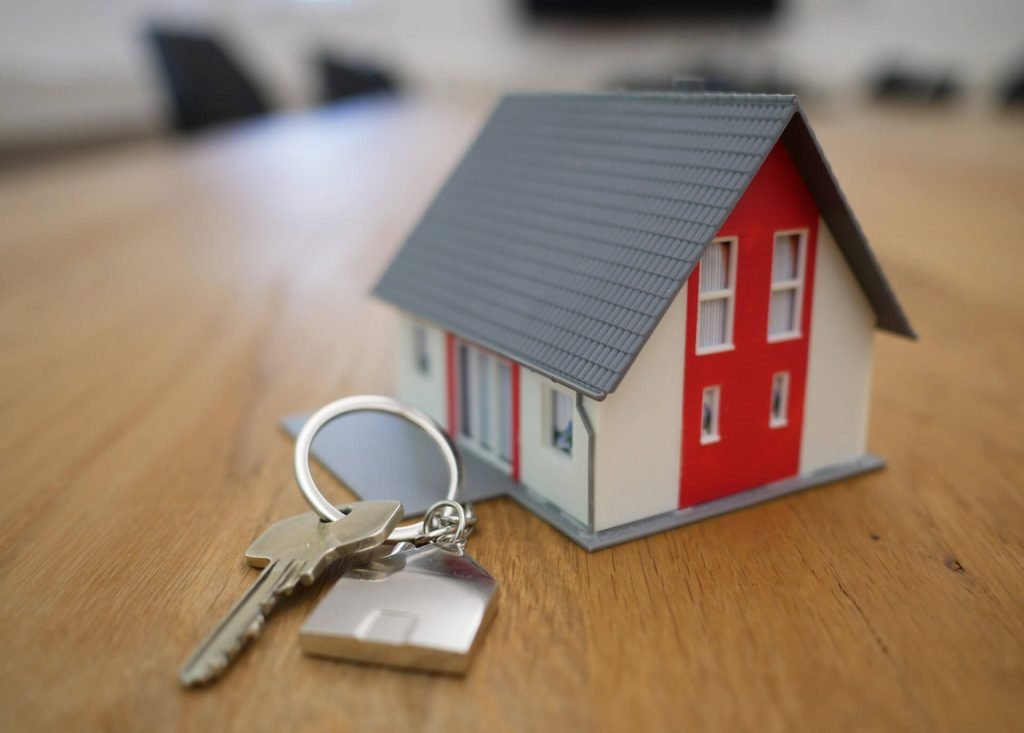Our Services
Think Outside the Box With Sparrow Capital's Non-conventional Loans
Whether you’re looking to tap into your home equity with a HELOC, finance your dream farm with an agriculture loan, purchase a manufactured home, or access cash from an asset depletion or no-income situation, we have options for you. We can even help you navigate the complexities of piggyback loans or unlock the retirement benefits of a reverse mortgage.
Don’t let your unique circumstances hold you back. Contact us today to explore your non-conventional loan options and find the perfect fit for your needs.

200+
Lenders
so we can always make sure you get the financing that fits your needs, not the other way around
What We Offer
Non-Conventional

HELOC
A Home Equity Line of Credit, commonly referred to as a HELOC, is a financial product that allows homeowners to tap into the equity they've built up in their homes. It essentially functions as a revolving line of credit with the home serving as collateral.

Agriculture Loans
Farm mortgages, or agricultural real estate loans, are specialized financing options crucial for farmers and landowners. They enable the acquisition, refinancing, and improvement of farmland and related structures, supporting various agricultural activities.

Non-warrantable Condo
Non-warrantable condos, also known as non-conforming condos, refer to condominium units or complexes that do not meet the eligibility criteria set by government-sponsored entities (GSEs) like Fannie Mae and Freddie Mac.

Manufactured Homes
Obtaining a mortgage for manufactured homes can be challenging due to factors like property type (personal vs. real property), location restrictions, age/condition, certification compliance, LTV ratios, credit/income requirements, limited lender options, and potential depreciation.

Asset Depletion / No Income
An asset depletion loan is a specialized mortgage financing option that takes into account a borrower's liquid assets, such as savings, investments, and other financial holdings, as a source of income to help them qualify for a mortgage.

Piggy Back Loans
A piggyback loan, also known as a combo or second mortgage, is a creative financing strategy that involves taking out two separate loans on a single property to avoid paying private mortgage insurance (PMI) and potentially lower the overall cost of borrowing.

Reverse Mortgage
A reverse mortgage is a unique financial product designed primarily for senior homeowners aged 62 and older. Unlike a traditional mortgage, where the homeowner makes monthly payments to the lender to buy a home, a reverse mortgage allows homeowners to convert a portion of their home's equity into tax-free income or a line of credit.
Appointment
Unlocking Your Financial Potential Starts with a Conversation
- Personalized Assessment:
- Transparent Guidance:
- Customized Solutions:
F. A. Q's
Frequently Asked Questions
Non-conventional loans can be a great option for borrowers who don’t meet the requirements for traditional loans. Here are some frequently asked questions about non-conventional loans:
A non-conventional loan, also known as a non-QM (Qualified Mortgage) loan, is a type of mortgage that does not meet the standards set by government-sponsored enterprises (GSEs) such as Fannie Mae and Freddie Mac. These loans are offered by private lenders and are often tailored to borrowers with unconventional financial circumstances.
Yes, generally non-conventional loans can be easier to qualify for than conventional loans. Government-backed loans often allow for lower credit scores and down payments. However, there might be additional requirements or limitations, like mandatory mortgage insurance with FHA loans.
There are two main categories of non-conventional loans:
Government-backed loans: These loans are insured by the Federal Housing Administration (FHA) or the Department of Veterans Affairs (VA). They typically have more relaxed credit scores and down payment requirements compared to conventional loans.
Jumbo loans: These loans exceed the conforming loan limits set by the FHA. They are typically used for more expensive properties and may require a larger down payment and higher interest rates.
Some non-conventional loans may have higher interest rates than conventional loans. There may also be additional fees associated with the loan. Additionally, some non-conventional loans may require private mortgage insurance (PMI) even with a down payment.
If you have a lower credit score or a limited down payment, a non-conventional loan may be a good option for you. However, it's important to compare rates and terms from different lenders to find the best deal. Consulting with a mortgage professional can help you determine if a non-conventional loan is the right choice for your situation.

